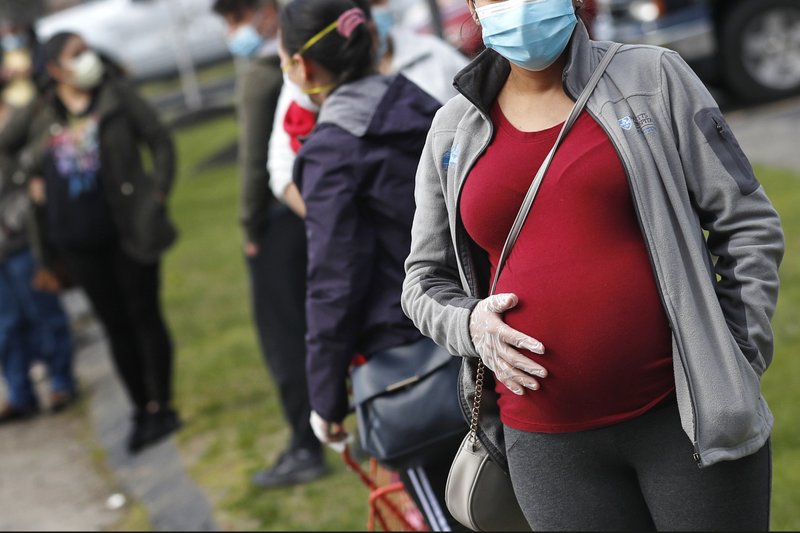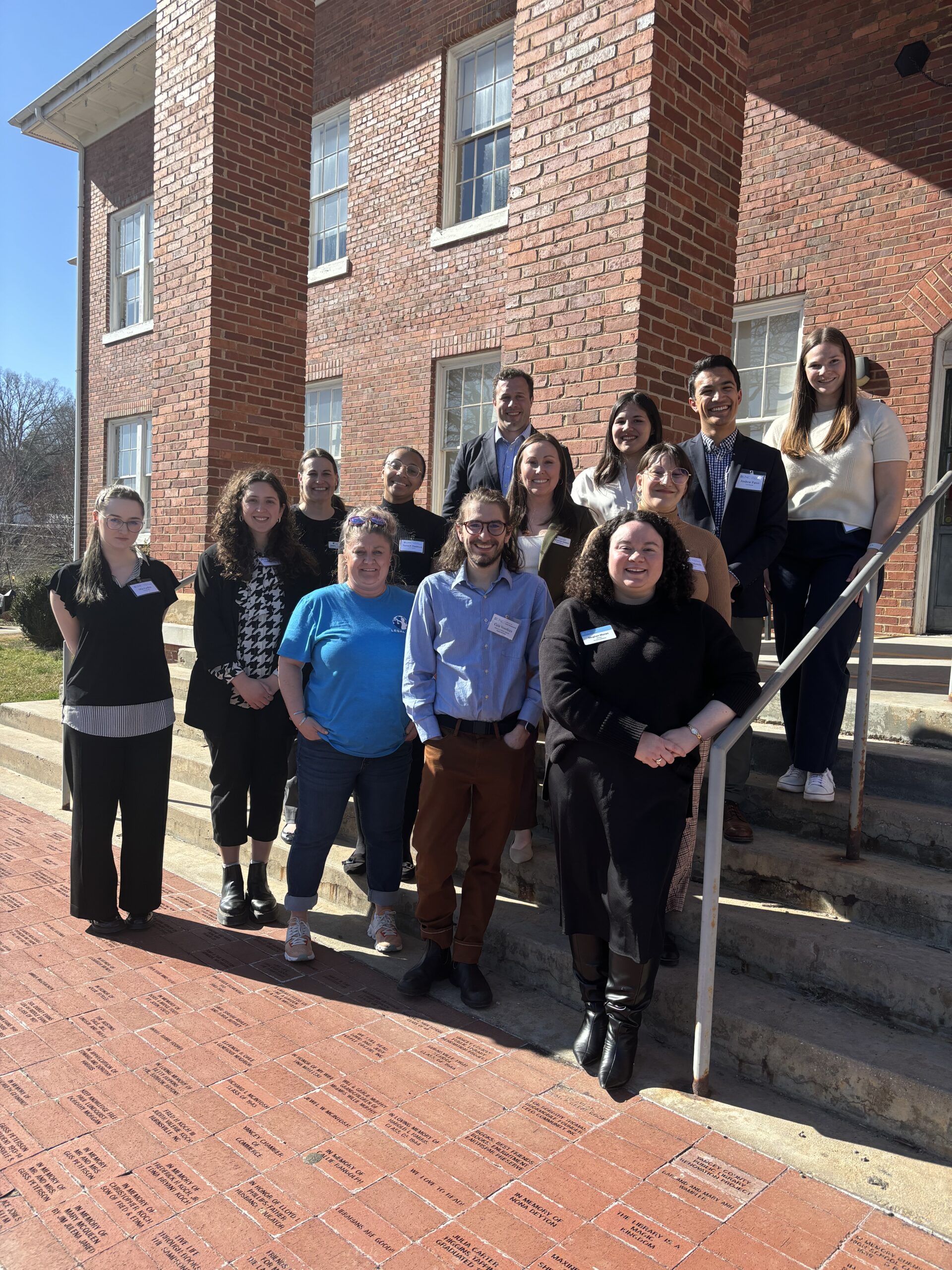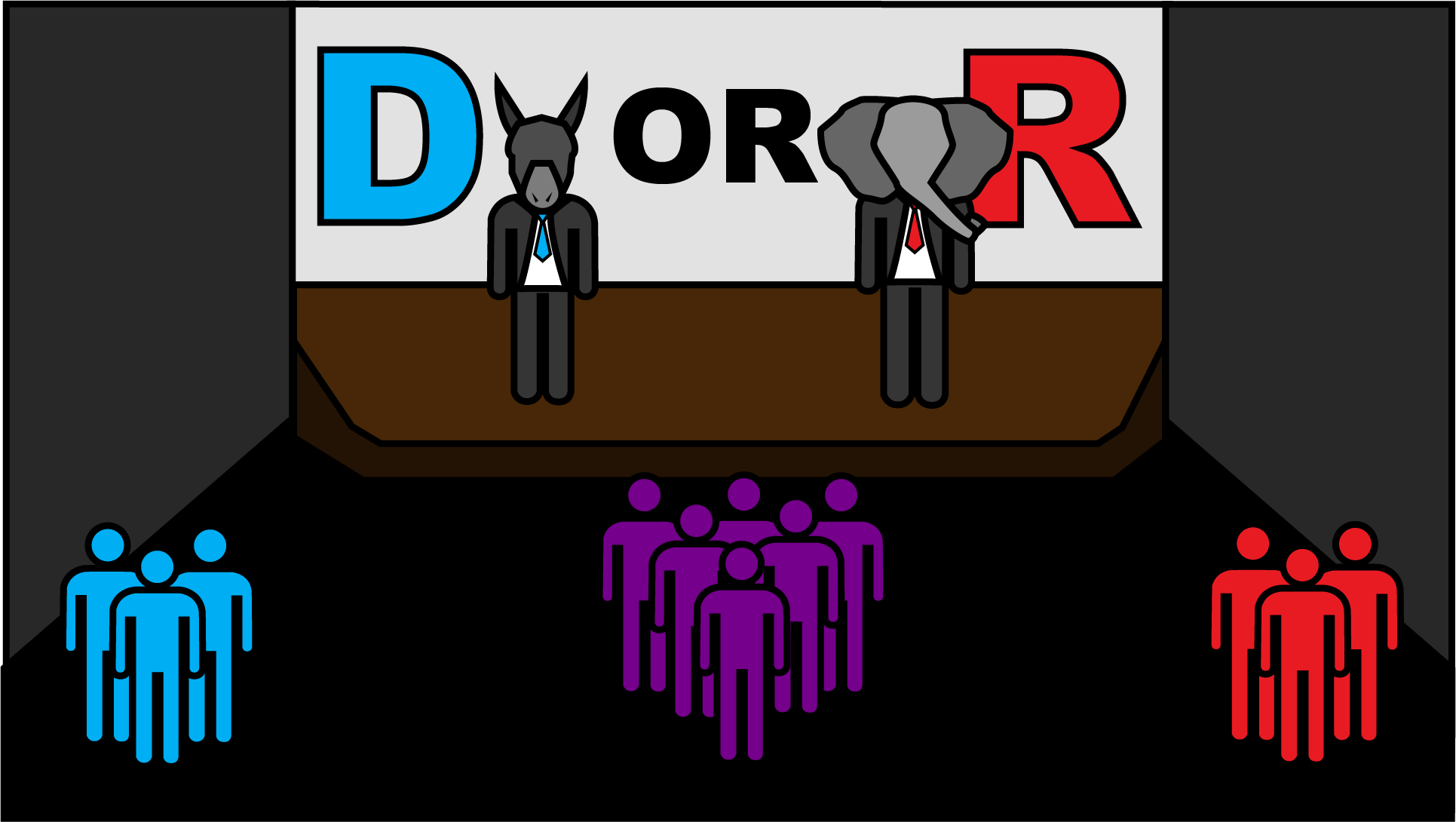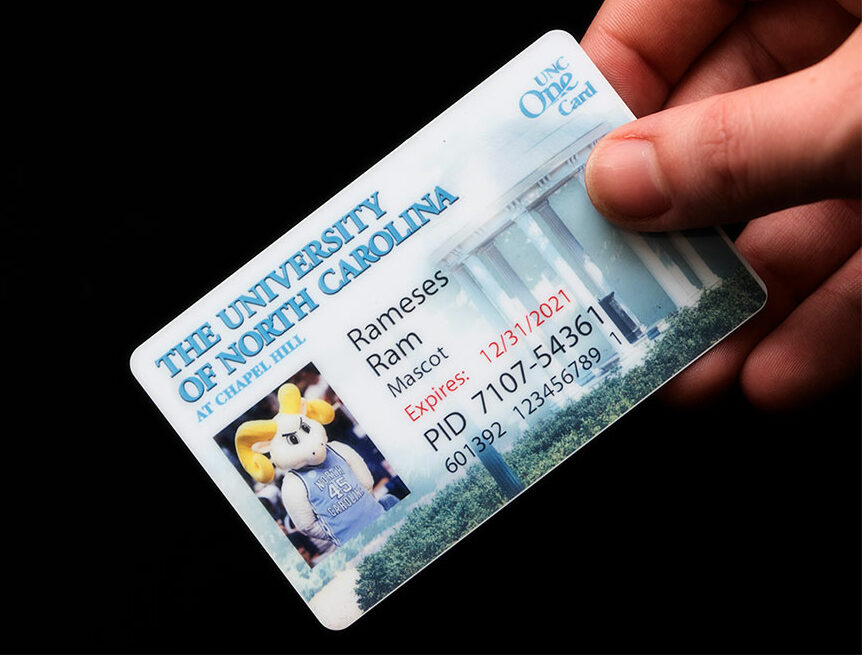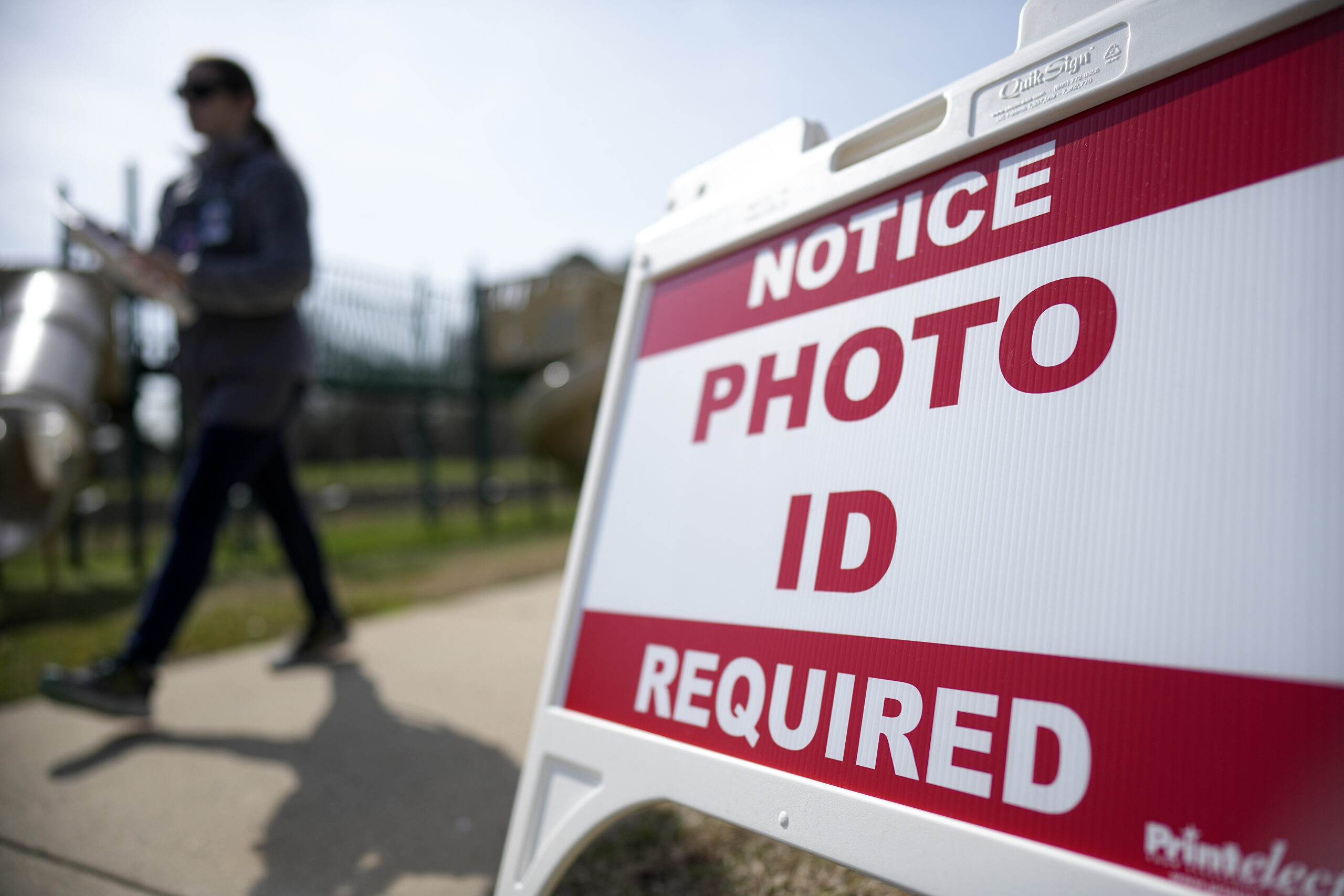As more North Carolinians continue to be vaccinated, some pregnant women are unsure whether the COVID-19 vaccine is right for them.
While the Pfizer and Moderna vaccine have been shown to be 95 percent effective in preventing symptomatic cases of COVID-19, more research is needed to understand how the vaccine affects pregnant women and those trying to conceive.
Neither the Pfizer or Moderna vaccine clinical trials enrolled pregnant women—at least purposefully. Some women in the trials were pregnant and did not know it, and researchers are following those pregnancies and newborns.
“It is a standard precaution not to enroll pregnant women for phase III studies,” said Dr. Cynthia Gay, leader of the Moderna clinical trial at UNC. “Based on everything we know about other vaccines and what we know about these vaccines, there’s not a particular safety concern in pregnant women. But we don’t have that safety data of pregnant women having received a vaccine.”
The American College of Obstetricians and Gynecologists, Society for Maternal Fetal Medicine and the American Society for Reproductive Medicine have all issued statements supporting offering COVID-19 vaccines to women who are pregnant or breastfeeding.
Despite these statements of support, Dr. Brian Brimmage, a board-certified obstetrician who delivers babies at UNC REX Healthcare, said more data is needed to really understand the safety and efficacy of the vaccine on pregnant women.
“There is speculation based on the mechanism of how the vaccines work, that in theory, it should be safe for both of those groups, which is what led them to come up with these statements of support,” said Dr. Brimmage. “But, we don’t know for certain, and it’s probably going to be a good long while before we have data to know for sure.”
For those who are currently planning to conceive or undergo fertility treatment, the American Society for Reproductive Medicine said you do not need to delay conception or fertility treatment if you get a vaccine.
“These folks treat infertility all day long and have even said that if you find out you’re pregnant between your two doses of a vaccine, you should still be offered the second dose,” Dr. Brimmage said. “And, they recommend against requiring a negative pregnancy test before someone gets a dose of a vaccine because that would be an unnecessary obstacle for sites administering the vaccines.”
The American College of Obstetrics and Gynecology said COVID-19 vaccines should be offered to breastfeeding individuals who would like to receive them when they become available.
“I think there’s less concern with breastfeeding because one of the most important benefits of breastfeeding is that maternal antibodies, like the kind you develop from vaccinations, get passed to the infant and protect them, and that is exactly what we want,” Dr. Gay said. “So, there’s less of a safety concern with getting the vaccines for women who are breastfeeding.”
Dr. Gay and Dr. Brimmage encourage those who are pregnant, planning to conceive or breastfeeding to talk to their doctor about what’s best for them ahead of getting vaccinated.
“Talk to your primary care provider and make a decision based on what your risk is for acquiring COVID, what your risk is for having severe disease, and what the lack of data means for you—where does your risk versus benefit come down?” Dr. Gay said. “People know themselves, and they know the risk, and there are physicians who can also help them think about this and make the best decision.”
Lead photo via Associated Press/Charles Krupa.
Chapelboro.com does not charge subscription fees. You can support local journalism and our mission to serve the community. Contribute today – every single dollar matters.

